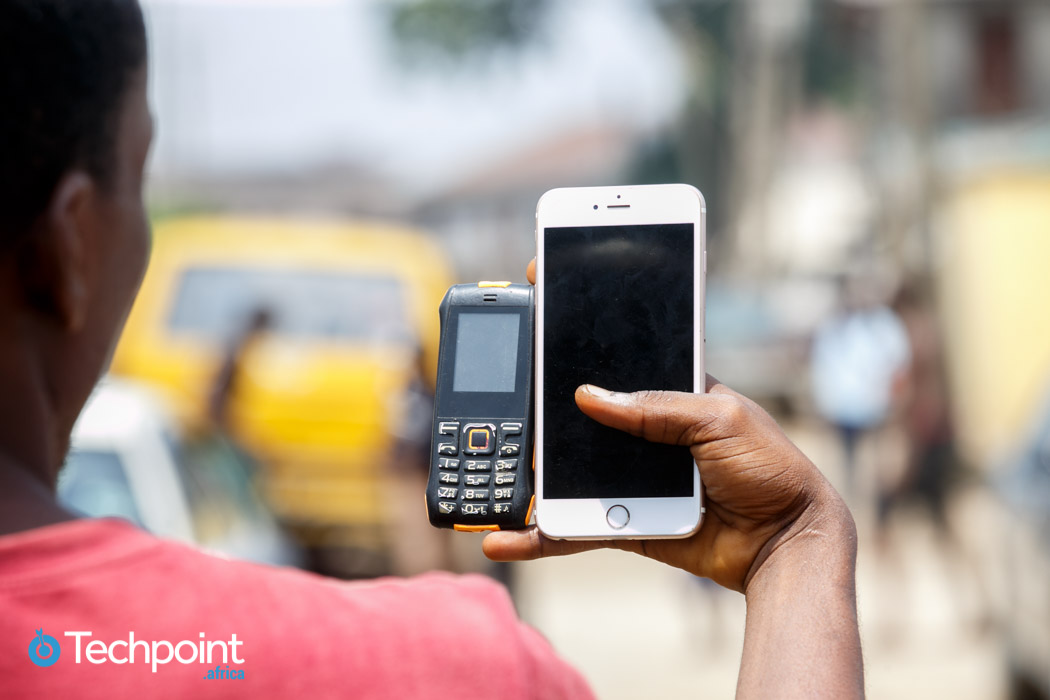- Mali’s government has introduced new taxes on mobile voice calls and mobile money withdrawals to fund its escalating fight against Islamic insurgents.
- A 10% tax will be imposed on mobile call recharges, and a 1% levy will apply to mobile money withdrawals.
- The government anticipates raising 140 billion CFA francs ($220 million) to finance security and energy initiatives.
- Taxes on wireless operators’ revenue have increased from 8% to 10%, alongside a review of levies on alcohol sales.
This move comes as the military-led administration faces diminishing external support and heightened security challenges.
Since the coup in 2020 led by General Assimi Goita, Mali has been governed by a military regime. Despite the junta’s efforts, militant attacks have increased, resulting in strained relations with the West African bloc and Western allies such as the U.S. and France. This situation has also led to closer ties with Russia.
Recently, over 30 individuals were killed in an ambush in the northeast, underscoring the persistent instability.
According to Bloomberg, Prime Minister General Abdoulaye Maiga noted that Mali has lost over 400 billion CFA francs ($628 million) in budget support from partners since 2020.
The new taxes directly affect the cost of communication and financial transactions for Malians. In a country where mobile phones are a primary means of communication and mobile money services are integral to financial inclusion, these additional costs could disproportionately burden low-income individuals and small businesses.
While the Malian government’s pursuit of enhanced security is understandable, this strategy raises concerns about its potential economic impact on citizens and the exploration of alternative funding mechanisms.
Increased expenses may lead to reduced usage of these essential services, potentially hindering economic participation and access to information.
To mitigate the financial strain on citizens, the Malian government could consider alternative funding avenues for its security and energy projects:
Improving domestic revenue mobilisation by modernising tax administration and enforcing taxpayer compliance could increase government funds without introducing new taxes. The International Monetary Fund has previously emphasised the importance of creating fiscal space through better revenue collection to support investment and social spending.
Mali’s rich natural resources, particularly in mining, present an opportunity for revenue generation. The government can secure substantial funds by ensuring effective taxation and management of the mining sector. A strategy addressing profit-shifting risks in key sectors could enhance revenue from natural resources.
Engaging with international partners for financial and technical assistance can provide support for security initiatives.
By exploring these alternative strategies, Mali can work towards securing the necessary funds for its security and energy projects while minimising the economic impact on its citizens. Balancing fiscal responsibility with the welfare of the populace is crucial for sustainable development and social stability.
Mali’s move aligns with a broader trend in African nations seeking to increase revenue through telecommunications and digital service taxes. For instance, Nigeria plans to reintroduce telecom taxes and other fiscal policies to secure a $750 million loan from the World Bank, in a bid to boost revenue despite potential challenges for telecom operators and consumers.
Similarly, Kenya’s national treasury proposed a 1.5% digital tax on local platforms offering services such as online jobs, rentals, food delivery, and ride-hailing. Additionally, the new bill raises the tax on mobile airtime and data rates from 15% to 20% as part of the government’s efforts to raise $2.5 billion in taxes in the upcoming fiscal year.
As Mali navigates these challenges, the effectiveness of the new taxes in bolstering security without compromising digital accessibility remains to be seen.










